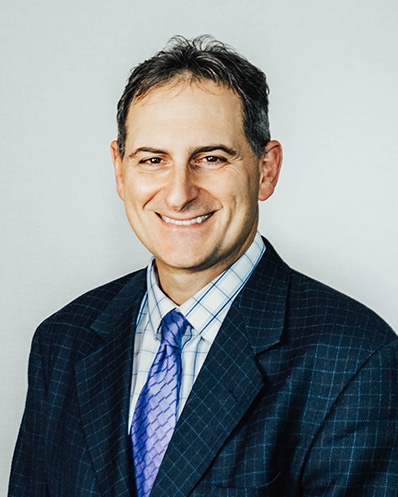Swallow Disorders (Dysphagia)
Swallowing disorders (called dysphagia) can affect adults and children. When the muscles and nerves used for swallowing are weakened, dysphagia can occur. When you visit our speech pathologists, we will thoroughly examine your swallowing problems with a physical exam and an instrumental evaluation. After that, we design an individualized medical and therapeutic treatment plan for each patient.
What are the symptoms of a swallowing disorder?
Swallowing is a natural process we generally don’t think about, but is an important body function for sustaining a healthy life. When you are not swallowing properly, you may experience recurring symptoms such as:
- Pain while swallowing or inability to swallow
- Coughing or frequent throat clearing during or after meals
- Wet, gurgly voice quality after eating or drinking
- A sensation of food getting stuck in your throat or chest
- Drooling
- Hoarseness
- Bringing food back up (regurgitation)
- Unexpected weight loss
- Cutting food into smaller pieces or avoiding certain foods because of trouble swallowing
What conditions increase the risk of developing dysphagia?
-
 Suffering a stroke or TIA (mini-stroke)
Suffering a stroke or TIA (mini-stroke)
- Aging
- Side effects of certain medications
- Parkinson’s Disease
- Injury or surgery to the neck or spine
- Head injury
- Cleft palate
- Head and neck cancer
- Acid reflux
- Alzheimer’s or other types of dementia
- Multiple Sclerosis
What kind of treatment is available for swallow disorders?
Swallow therapy is recommended for those struggling with dysphagia, provided by our speech-language pathologist. Other strategies include exercises to improve strength and coordination of the swallow, and methods to improve the effectiveness and safety of swallowing.
Lifestyle changes can also improve the swallowing mechanism such as:
- Adapting the consistency of food and liquids
- Modifying body position during and after meals
When needed, our ENT physicians may determine that medication or surgery is appropriate to address your swallow problem.
Select providers are now using Telemedicine.
Visit
Telemedicine to see if your next visit can take place over video chat.
-







